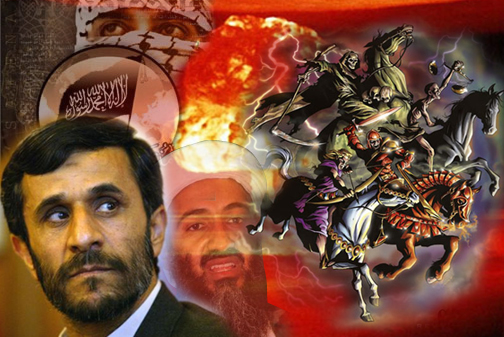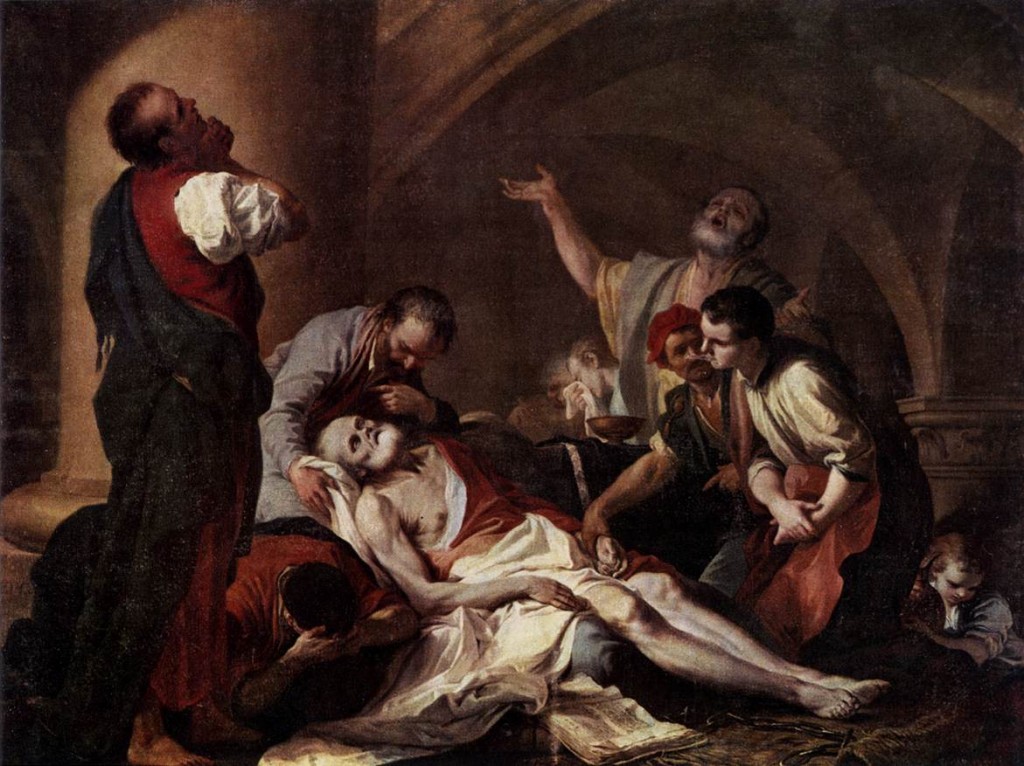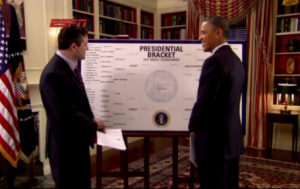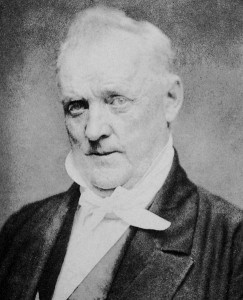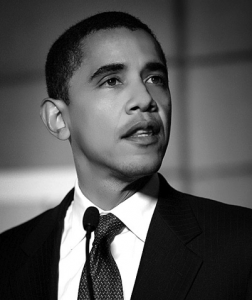Since the uprising in Tunisia in November, 2010, the revolutionary fervor in the Muslim world has spread like wildfire through Egypt, Yemen, Bahrain, Libya, and now, Syria. It has caught the West unprepared despite an almost ten year education in the tumultuous strains in the Muslim world emanating from September 11, 2001, through Afghanistan and Iraq. The struggle in the West to respond with a rational and coordinated consensus has its roots in the modern tendency to consider political science over history as the intellectual tool best served to predict an actionable course and satisfactory outcome. Debate revolves around “freedom fighters” and “democracy” as if they had acknowledged similar definitions in the Muslim world to their political expression in the West. One historian has dominated the discussion regarding the ongoing upheaval in defense of historical rather than political interpretations. He is Bernard Lewis,  Professor Emeritus at Princeton University and the foremost western scholar on medieval Islam. At 95 years of age, he continues to show prodigious energy and insight regarding the historical perspective of what is currently transpiring in the Middle East and Northern Africa. In an in-depth interview the Wall Street Journal has interviewed Dr. Lewis, and his insights remind us why he is one of Ramparts of Civilization’s People We Should Know.
Professor Emeritus at Princeton University and the foremost western scholar on medieval Islam. At 95 years of age, he continues to show prodigious energy and insight regarding the historical perspective of what is currently transpiring in the Middle East and Northern Africa. In an in-depth interview the Wall Street Journal has interviewed Dr. Lewis, and his insights remind us why he is one of Ramparts of Civilization’s People We Should Know.
Bernard Lewis has been a major contributor to Western thought regarding Islam since the 1950’s. Fluent in twelve languages, he has had unique capacity to delve into Islamic and Ottoman era writings and archives since the time of Muhammad to put together a penetrating view of the Arab and Islamic relationships, psyche, and rationalizations. He has articulated strong opinions regarding the Armenian- Turkish conflict in 1915 and the subsequent massacre, the Israeli Palestinian conflict, and more recently, the rise of what he is credited as first describing as “Islamic Fundamentalism” in the late 1970’s originating in Iran and propagating across the Islamic world over the last 40 years. He was first to make the world aware of Ayatollah Khomeini’s fusion of religious doctrine and political fascism, and later, in 1998, warned the world regarding the then little known Osama Bin Laden’s writings for a means of returning the Islamic Caliphate to a new dominant position through the “ideology of jihadism” and his declaration of war on the United States.
With his warnings resulting in sorrowful reality with the attack of 9/11, Dr. Lewis has been a frequent consultant to the United States government in an effort to provide clarity to the chaotic aftermath and a potential strategy for dealing with the direct threat radical Islam holds toward Western ideals and security. He is a proponent of firm responses that define western resolve, rather than weak appeasement, as he feels the Islamic psyche abhors signs of weakness as the product of an inferior people. He sees the current conflicts as progressions in what he terms the “clash of civilizations” between Christianity and Islam that began in the seventh century with Islam’s rapid rise and continues to this day.
Specific to the current upheavals, he applauds the uprisings as a legitimate expression of a suppressed people, but cautions the West not to ‘take sides’ and insist on western versions of democracy and freedom as the means for restoring people’s legitimate rights in these countries. He believes republican expression can provide the rightful provision of people’s economic concerns, educational rights, liberal justice, and societal respect with democracy a mature outgrowthand endgame, rather than the tool of initiation of such rights. He notes that fascist governments have achieved power through legitimate democratic processes when the societies were not sufficiently evolved and this is a obvious risk currently in the promotion of Hamas and Muslim Brotherhood as “democratic” parties. He is most concerned with Iran’s fixation with the messianic story of the Twelfth Imam and Iran’s frequently stated goal to apocalyptic ally eliminate the state of Israel, with the device being atomic weaponry. He notes that the concept of mutually assured destruction the prevented the ultimate cataclysm between the Soviet Union and the United States in the Cold War provides no element of deterrence to a society in which the achievement of death in a religiously inspired jihad is the purest means to achieve paradise.
We are in a significant historical period with far reaching consequences, and people like Bernard Lewis offer sage advice to the protection of the concepts of freedom, equality, and liberal thought that we hold so dear. A significant part of the world is trying to find its means of expression of those concepts, and we should be very careful that we are constructive in our actions, or a dangerous darkness has the potential to descend upon us all.

